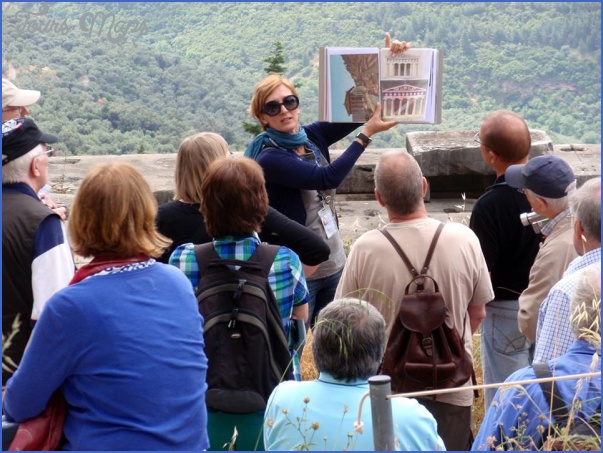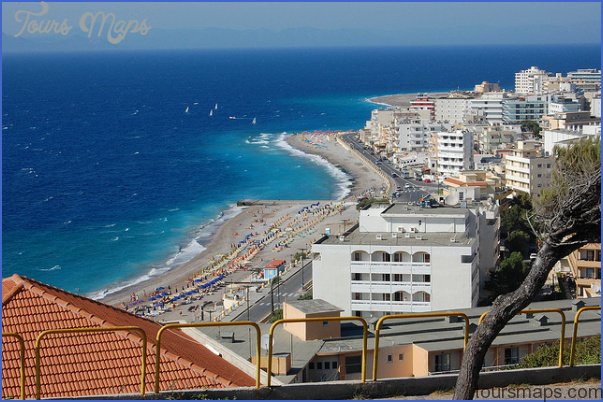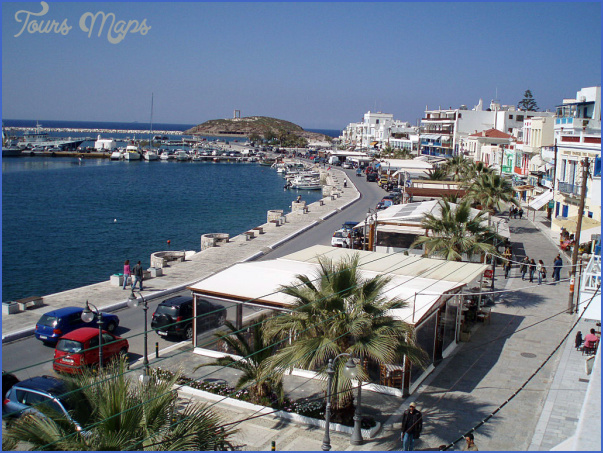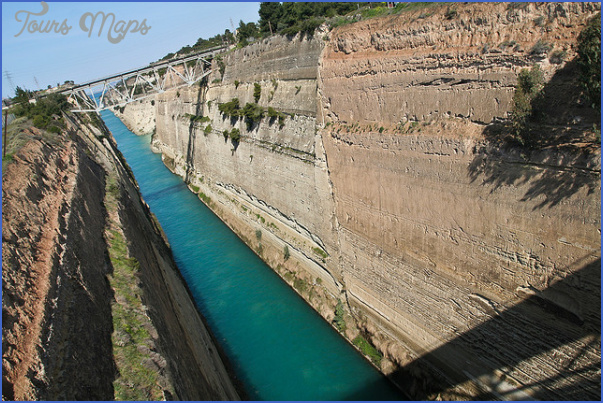Greece Guide for Tourist
TOURIST SERVICES AND MONEY
Police: 100. Hospital: n 106. Ambulance: 166.
TOURIST OFFICES. Tourism in Greece is overseen by two national organizations: The Greek National Tourist Organization (GNTO) and the tourist police(touristiki astinomia). The GNTO, Tsoha 7, Athens (210 870 7000. www.gnto.gr), known as the EOT in Greece, can supply general information about sights and accommodations throughout the country. The tourist police (24hr. info s 171) deal with local and immediate problems: Bus schedules, accommodations, lost passports, etc. They are open long hours and are willing to help, but their English may be limited.
MONEY. The official currency of Greece is the euro. The Greek drachma can still be exchanged at a rate of 340.75dr to ‚1. For exchange rates and more information on the euro, see 13. If you’re carrying more than ‚1000 in cash when you enter Greece, you must declare it upon entry. A bare-bones day in Greece, staying at hostels, campgrounds, or domatia (rooms to let), and buying food at supermarkets or outdoor food stands, costs about ‚35. A day with more comforts, like accommodation in a nicer domatia or budget hotel, and eating one meal per day in a restaurant, runs ‚50. There is no tipping anywhere except restaurants. Generally, bargaining is expected for street wares and in other informal venues, but shop owners whose goods are tagged will consider bargaining rude and disrespectful. The European Union imposes a value-added tax (VAT) on goods and services purchased within the EU, which is included in the price. For more info, see 16.
COMMUNICATION
Country code: 30. International dialing prefix: 00. The city code must always be dialed, even when calling from within the city. From outside Greece, dial int’l dialing prefix (see inside back cover) + 30 + local number.
TELEPHONES. The only way to use the phone in Greece is with a prepaid phone card. You can buy the cards at peripteros (streetside kiosks) in denominations of ‚3, ‚12, and ‚25. Time is measured in minutes or talk units (100 units30min. of domestic calling). A calling card is the cheapest way to make international phone calls. To place a call with a calling card, contact your service provider’s Greek operator: AT&T00 800 1311; British Telecom 00 800 4411; Canada Direct00 800 1611; Ireland Direct00 155 1174; MCI 00 800 1211; Sprint00 800 1411. Cell phones are an increasingly popular option; for more info, see 30.
MAIL. To send a letter weighing up to 50g within Europe costs ‚0.85; anywhere else in the world costs ‚0.90. Mail sent to Greece from the Continent generally takes at least 3 days to arrive; from Australia, the US, and South Africa airmail will take 5-10 days. Address mail to be held according to the following example: First name SURNAME, Corfu Town Post Office, Corfu, Greece 8900, POSTE RESTANTE.
INTERNET ACCESS. The availability of the Internet in Greece is rapidly expanding. In all big cities, most small cities and large towns, and most of the touristed islands, you will be able to find Internet access. Expect to pay ‚3-6 per hour. For lists of cybercafes in Greece, check out http:dmoz.orgComput-ersIntemetCybercafesGreece.
Greece Guide for Tourist Photo Gallery
Maybe You Like Them Too
- Arnold A Town with a Heart
- The Best Cities To Visit in The World
- World’s 10 Best Places To Visit
- Map of New York City – New York City Guide And Statistics
- Map of San Francisco – San Francisco Map Free








